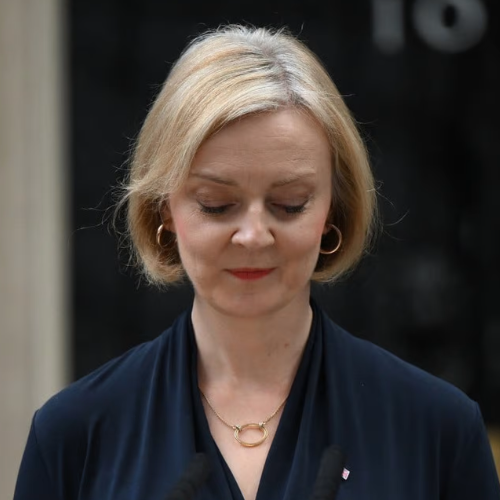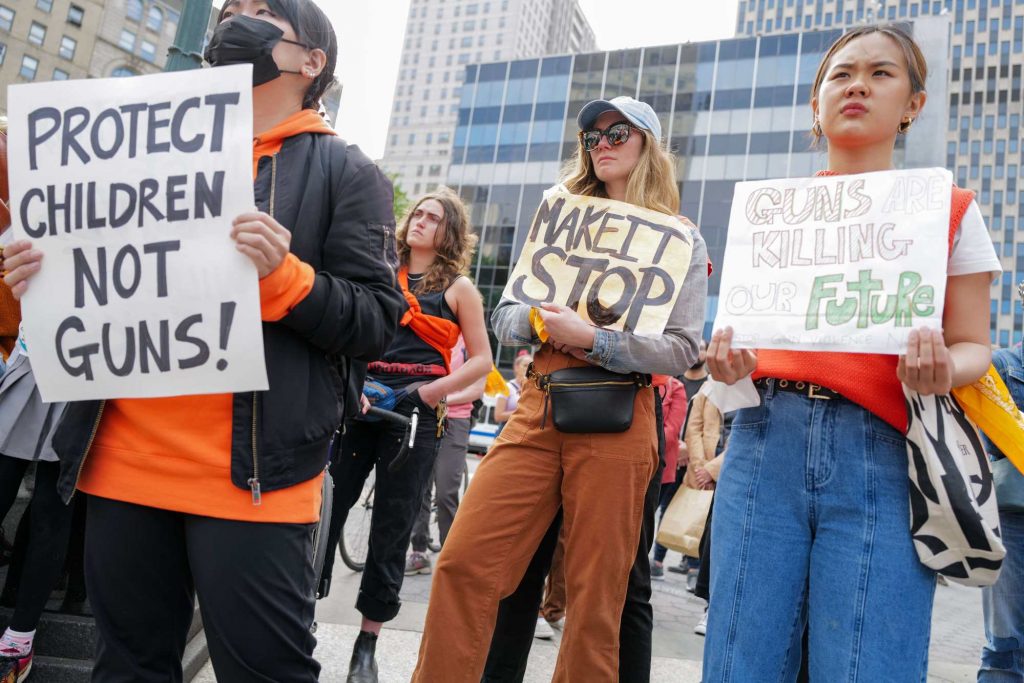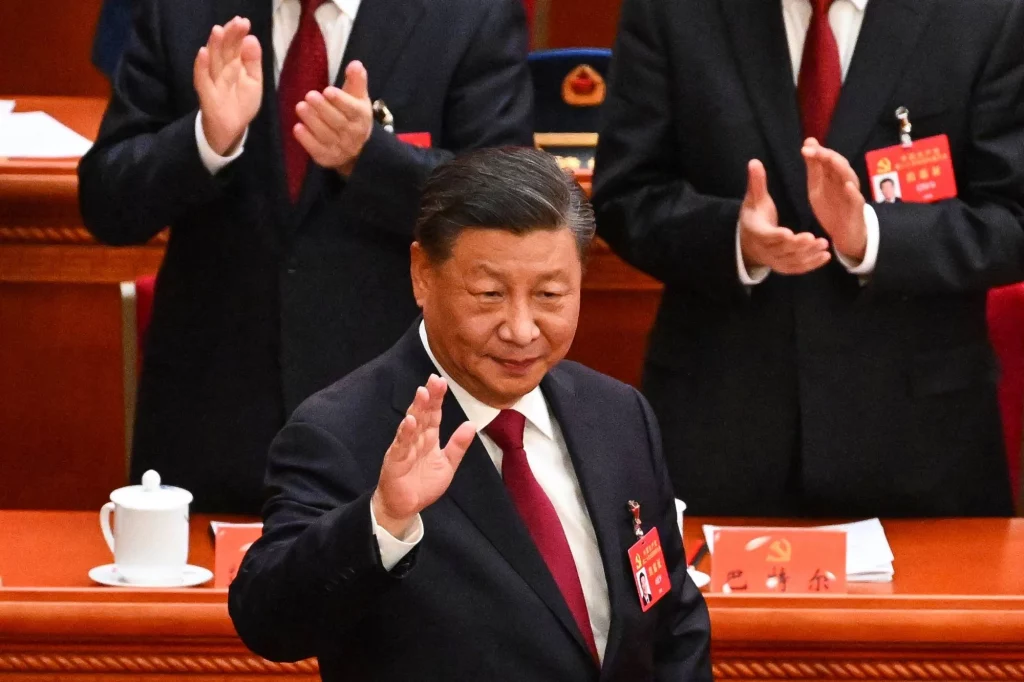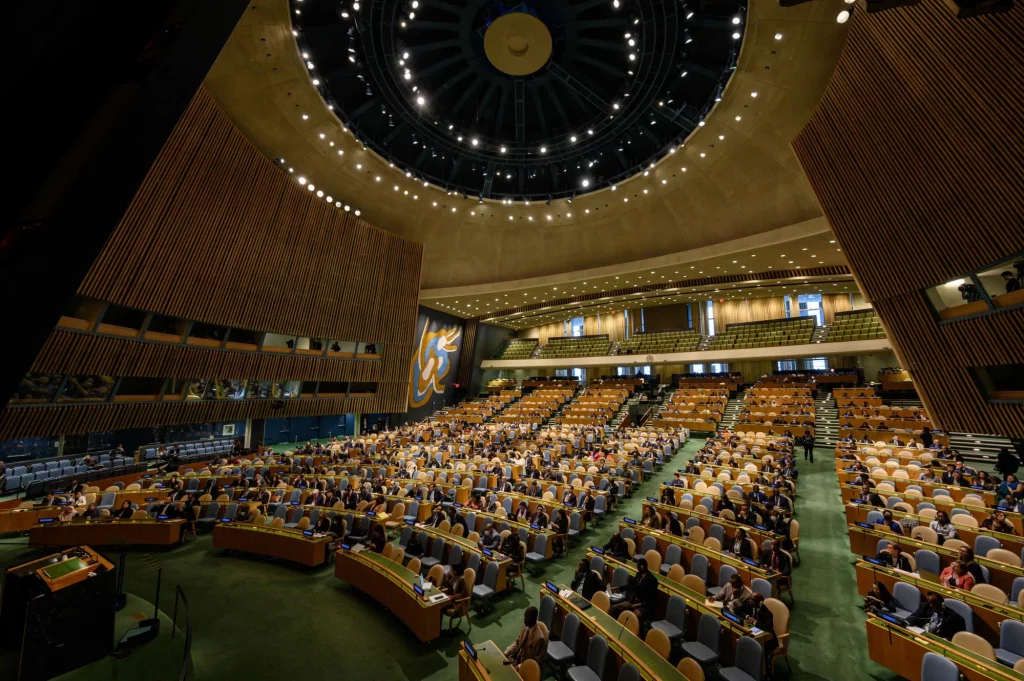Anything but democratic
The unfortunate reality is that democracies do not often function in the idealistic way their advocates paint them – do not go to war with each other, do not oppress minorities, offer the majority a say, self-correcting and allow bad leaders to be replaced.
When it comes to foreign policy, they are anything but democratic. Supposedly democratic Western nations have inflicted the worst harm on others in the last 50 to 60 years through interventions and wars.
This has created great global mistrust and led to alternative forms of political systems and approaches to governance gaining traction in recent years. It never takes too long for the Western world to conclude that such systems are inherently “amoral”, regardless of how well that government performs as measured by the social outcomes.
This is part of a deep-rooted fear of accepting that there are other approaches to governing societies well. Acceptance would challenge the primacy of the ideological basis underpinning the prevailing Western narrative on its moral superiority and its global democracy project – which seeks to ensure the West’s desire to run the world via a rules-based global order is not threatened, therefore maintaining its economic hegemony and associated privileges.
This is unfortunately a blatant act of denial: a democratic government is just one of many types of governance systems available to sovereign states. It is worth remembering the UN Charter did not mention democracy when signed in 1945 – because it is each nation’s sovereign right to pursue its own political system.
The refusal to accept plurality has led many in the West to believe there is some global march of autocracies that will put the whole of humanity at risk. But this is far from the sentiment on the ground in many countries, as citizens hanker for better governance systems, regardless of the form they take, that are competent, honest and serve the people’s needs.
What they do not need is Western nations using the fig leaf of democracy to intervene with crude instruments like sanctions and war, to further geopolitical goals linked to their economic interests.
The reality is that people around the world are being let down by so-called democracies and are therefore in pursuit of other forms of governance systems tailored to suit their unique needs and challenges. This is an indication of a deeper malaise for which more democracy is not the panacea. It points to a very inconvenient truth of many democracies today – the failure to govern fairly. The systemic political leadership problems that have beset the UK for close to a decade are a prime example.
A government’s primary role is to manage resources in a way that allows its people to lead dignified lives and to ensure the economy it oversees protects the masses. This is a critical challenge for large countries where many do not even have basic needs met. Therefore, the governance approach taken has to vary from country to country. When a government fails to fulfil its primary objectives, it calls into disrepute the approach adopted.





























